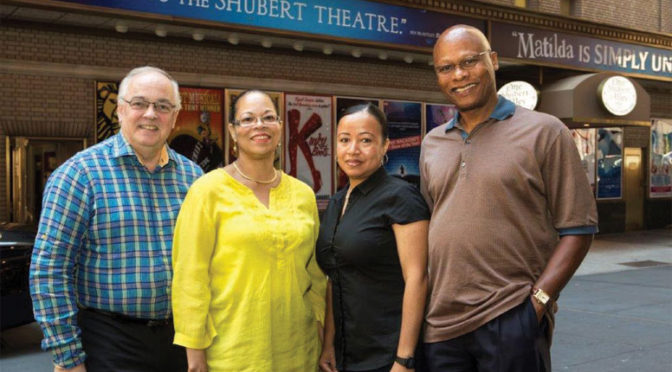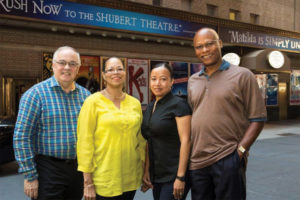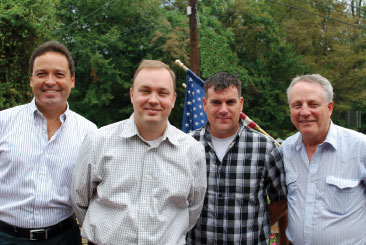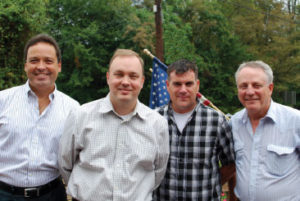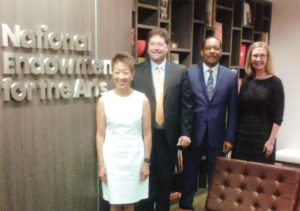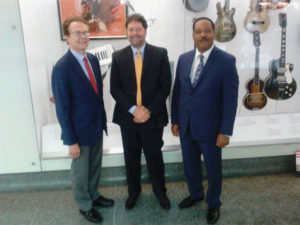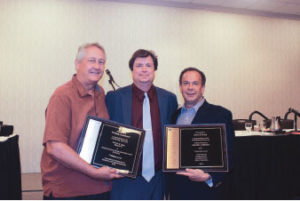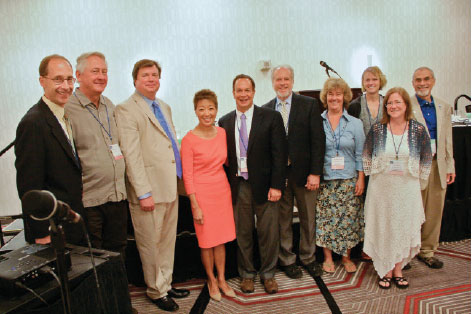With the sudden death of Justice Antonin Scalia, I’m reminded of a time when I had the great pleasure of meeting and spending time with the late Justice many years ago. It was 1976, during the country’s bicentennial. I was involved with organizing an Italian Heritage Festival and we invited him to Clarksburg, West Virginia, to be honored as Italian American of the Year.
He was extremely engaging and wanted to know more about the people and the history of the area. Of course, I was happy to fill him in about different aspects of the region and its long history of coal mining. And in fact, Italian Americans were the largest ethnic group, first and second generation, to arrive when companies were recruiting men to work the deep mines of West Virginia. It’s a region so steeped in Italian culture that many small towns in the state are almost like towns and villages in Italy. It was also home to some the earliest and fiercest battles of US labor unions.
One of the rulings currently on the docket of the highest Court is Friedrichs v. California Teachers Association (CTA). (I discussed this case in-depth in my January 2016 IM column.) The case focuses on a lawsuit that seeks to destroy public-sector unions by attacking their funding model. Rebecca Friedrichs and nine other nonunion teachers in California are challenging the law that requires them to pay their dues, via agency fees, for the services the union is required by law, under collective bargaining agreements (CBAs), to provide all workers.
If the Court rules with the plaintiffs, some employees will be able to avoid paying their share of fees—fees that support negotiations for all workers. It would make unionization harder for everyone. In the end, nonpaying employees would receive all the benefits of a union negotiating on their behalf, without helping to cover the cost of the work involved. A Supreme Court ruling that goes against the unions could affect public safety standards across the US. First responders—the police force, fire fighters, and EMS technicians—will not be able to negotiate for life-saving equipment or for shorter response times. Many would be out of the union entirely. And at the heart of this case—our teachers—would lose their ability to negotiate for smaller class sizes and improved educational standards. It would devastate the union movement.
Now, with a vacancy on the bench, the Court’s ruling is a tie and the law reverts back to a past decision, in the lower circuit court, where the decision was originally in the union’s favor. Justice Scalia would undoubtedly have voted against the unions.
Justice Scalia’s death came suddenly and at a particularly tumultuous time politically. While contentious presidential candidates run amok, a mulish Congress digs its heels in even further, now vowing to block anyone President Obama nominates to fill the vacancy on the Supreme Court. If they thwart a nomination, it would hurt the Republican’s own cause. Even some of their front runners urge them to allow nomination.
Whether or not the president makes a nomination and that nomination is considered by Congress should not even be a question. The Constitution does not say “may” appoint a successor, it says the president “shall” appoint. The president would be derelict in his duty if he did not make the appointment. And Congress would be more derelict in its duty if it tried any chicanery to try to avoid it. They have a right to confirm or not, but the appointee needs to go to the committee.





